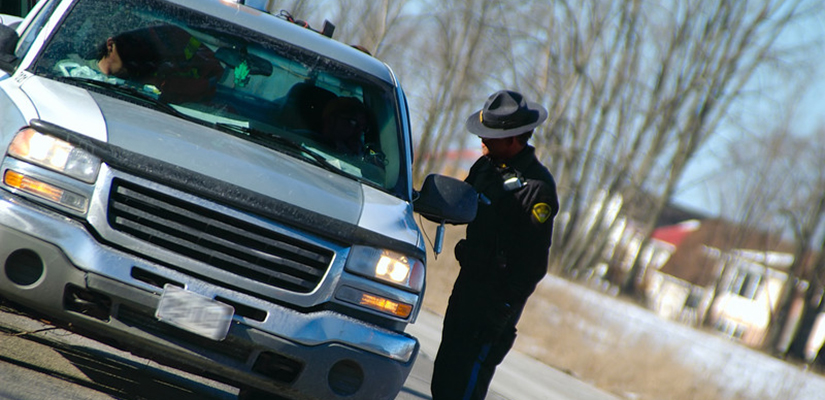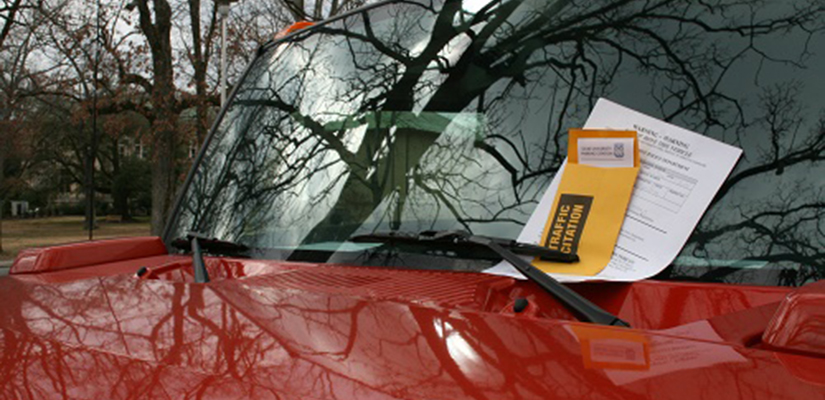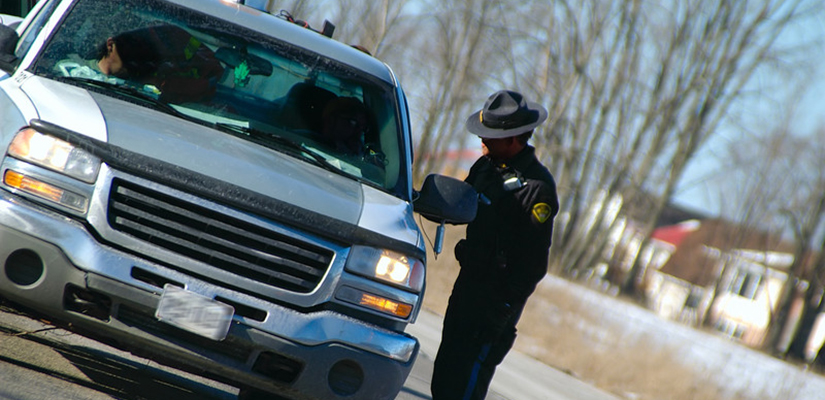The Supreme Court of the United States recently heard a California case regarding the Fourth Amendment right to be free from unreasonable searches and seizures in regards to a traffic stop. The resulting decision may have a long-lasting, adverse effect on drivers upon the country’s highways.
The highest court ruled that, on the basis of a “reliable” anonymous tip, police may reasonably suspect that you are doing something illegal and pull you over.
Navarette v. California (U.S. Supreme Court Decision, April 22, 2014)
In 2008, Lorenzo Prado Navarette and his brother, Jose Prado Navarette were driving upon the highway in Mendocino County, California. An anonymous caller, believed to be a woman, contacted 911 to report that the driver of a silver Ford F150 truck had run her off the road. She was able to provide a license plate number. The call was routed to the appropriate law enforcement agency and the vehicle was located at about where the caller said it would be.
A police cruiser pulled the brothers over driving the silver truck with the license number anonymously reported. Once stopped, the officer smelled marijuana, which triggered a search of the brothers’ vehicle. As a result of this search, the police discovered approximately 30 pounds of marijuana, and the suspects were arrested.
At trial, the Navarette brothers moved to suppress evidence of the confiscated marijuana, claiming that police had no probable cause to pull them over and therefore, the traffic stop violated their Fourth Amendment right to protection from unreasonable searches and seizures. Their motion was denied and the brothers ultimately pleaded guilty to unlawful transportation of marijuana. Each was sentenced to ninety days in jail and to three years on probation. Their convictions were upheld by California state courts.
The brothers petitioned their case all the way to the U.S. Supreme Court, which granted certiorari and accepted the case for review.
How Did the Supreme Court of the United States Rule?
The Justices believed that the anonymous caller was telling the truth, as the caller had used 911, which police may be able to use to identify the source of the tip and thus fetter out false reports. The Court reasoned that the anonymous caller did not have time to fabricate her claim of the near-accident, and that the erratic driving was characteristic of behavior consistent with drunk driving.
Due to the dangers driving under the influence poses to other motorists, the Court determined that the police would be justified in stopping the suspected driver, even though police officers following the Navarette brothers’ truck observed nothing wrong themselves.
The Justices concluded that the traffic stop complied with the Fourth Amendment because, all things considered, the officer had reasonable suspicion that the truck’s driver was intoxicated. The Fourth Amendment permits traffics stops when an officer has an objective basis to suspect an illegal act.
Reasonable suspicion takes into account “the totality of the circumstances” and depends “upon the content of the information possessed by police and its degree of reliability.” The Court was guided by its prior holdings where, in certain situations, an anonymous tip is sufficiently reliable to suspect wrong-doing.
The Justices determined that not only was the tip here reliable, but it also created reasonable suspicion of drunk driving. In their opinion, running another car off the road is indicative of the type of erratic driving associated with drunk driving. Although this behavior could be attributed to an innocent distraction, such as attempting to control a misbehaving child, the Court relied on a previous ruling, holding that reasonable suspicion “need not rule out the possibility of innocent conduct.”
Furthermore, the Court decided that the officer was not required to independently observe additional suspicious behavior by following the truck for an extended period, since reasonable suspicion of drunk driving had already been established given the reliability of the anonymous tip.
The Court held that the Navarette brothers’ Fourth Amendment rights were not violated and that the traffic stop was reasonable. Accordingly, the Court upheld their convictions.
Was This Decision Fair?
Definitely not. In fact, the Court split 5-4 in reaching its decision. Justice Antonin Scalia filed a sharply critical dissenting opinion which was joined by Justices Ruth Bader Ginsburg, Elena Kagan, and Sonia Sotomayor. The minority was skeptical of the logical reasoning used by the majority, suggesting that each step in the process was weak and that, to the contrary, the traffic stop was unconstitutional.
The dissenting opinion chastised the majority for concluding that a single instance of careless or reckless driving necessarily supports a reasonable suspicion of drunk driving. The police officer did not observe the driver commit a traffic violation.
“It is not enough to say that the officer’s observation merely failed to cor¬roborate the tipster’s accusation. It is more precise to say that the officer’s observation discredited the informant’s accusation,” said the dissent. All the police had to go on was the anonymous tip which, in itself, did not support any traffic stop, wrote Justice Scalia.
The minority warned of the impact the decision will have on an individual’s freedom to come and go as one pleases absent police intervention.
“After today’s opinion,” the dissenters concluded, “all of us on the road, and not just drug dealers, are at risk of having our freedom of movement curtailed on suspicion of drunkenness, based upon a phone tip, true or false, of a single instance of careless driving.”
What Does This Decision Mean?
The dissenting opinion points out that law enforcement agencies pay close attention to U.S. Supreme Court decisions, particularly in cases involving the Fourth Amendment requirements necessary in making a traffic stop. An ominous signal may have just been sent to the police:
Provided that a 911 caller can identify where a vehicle is, anonymous claims of a single instance of reckless or careless driving will support a traffic stop. If anyone ever had evil intent to get you into trouble, this would be a good way of getting a little revenge.
Contact Wallin & Klarich Today if You’ve Been the Victim of an Unlawful Search and Seizure
If you or someone you care about is facing criminal charges that you believe are the result of an unlawful search and seizure, you should contact one of our attorneys at Wallin & Klarich today. Our attorneys at Wallin & Klarich have over 30 years of experience protecting the constitutional rights of our clients.
We may be able to file a motion to suppress the evidence, arguing that your Fourth Amendment rights were violated. If we are successful, evidence discovered as a result of an unlawful search and seizure must be ruled inadmissible. This often leads the prosecutor to dismiss the charges against you.
With offices in Los Angeles, Sherman Oaks, Torrance, Tustin, San Diego, Riverside, San Bernardino, Ventura, West Covina and Victorville, Our attorneys at Wallin & Klarich are here to make certain you are treated fairly throughout a criminal proceeding. We will employ every available strategy to obtain the best result possible in your case.
Call us today at (888) 280-6839 for a free telephone consultation. We will get through this together.



